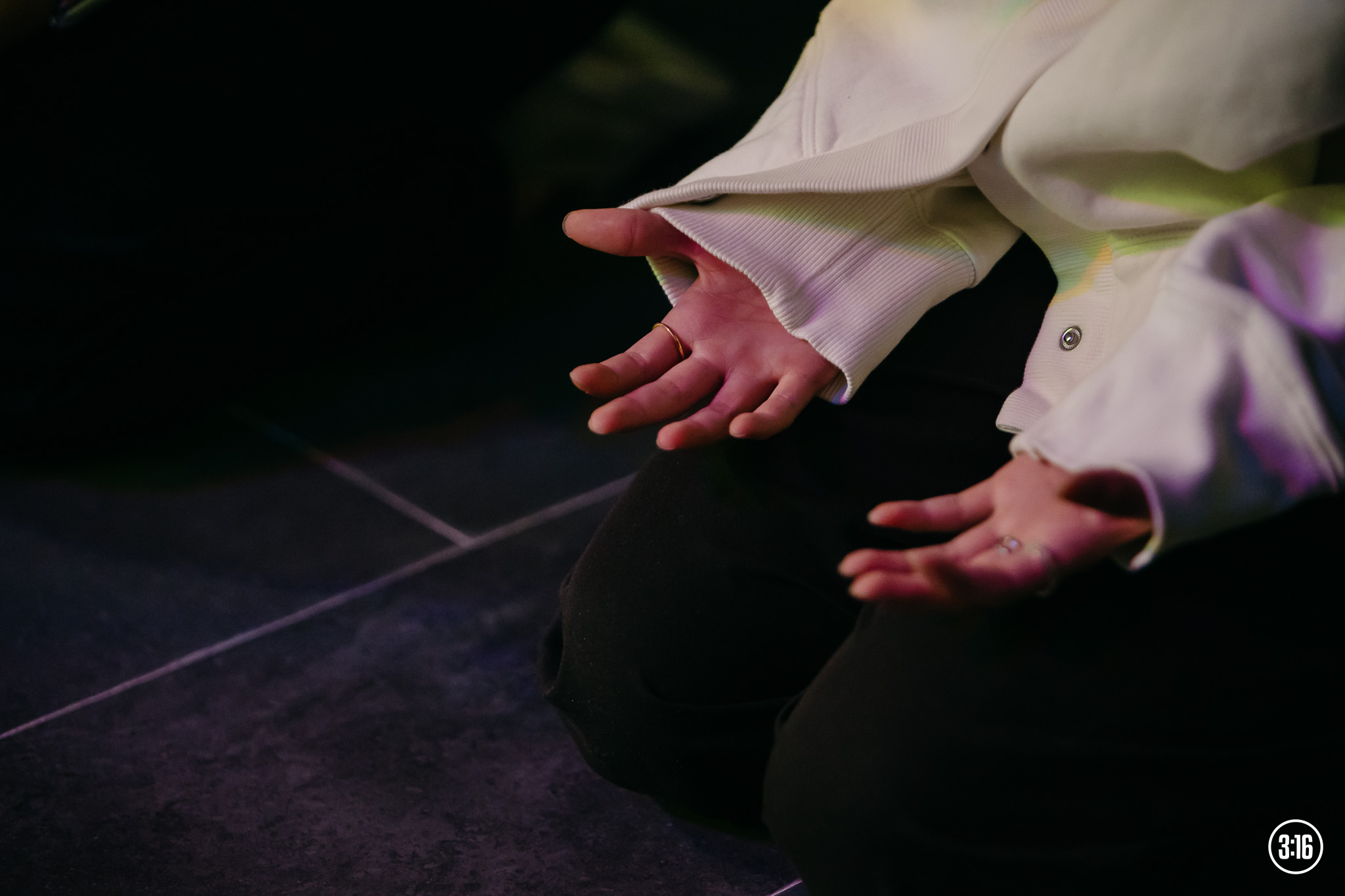As I sat at SGH’s Block 9 waiting to collect my brother’s body, I couldn’t believe the conversation I was having with the funeral director.
“We have coffins in white, brown, black. Which would you prefer?”
“How many people would you like to cater food for?”
“Would you like Package A, Package B or Package C?”
How was I suppose to know how many family and friends were going to turn up for the wake?
Did the design of the thing encasing my brother’s lifeless body really matter?
Would anyone care if I ordered curry chicken or fried rice with seafood?
And seriously, why did I even have to decide all this now? The incredulity of the situation left me in a daze.
My brother just died! And yet here I was, facing this huge mountain of grief, while having to deal with minutiae like these.

As any one who has lost a loved one close to you can relate, having to look into the funeral details is par for the course.
It’s certainly an important (and needful) aspect of death, and yet it can also feel like the world is pushing you to get on with the programme – even when you haven’t had time to let the pain sink in.
“But how can I even move on from here?”
“What is my life going to be like from now on?”
“How do I even make sense of all of this?”
When the life of a young person is abruptly cut short, you can’t help but ask:
“Why?”
“Couldn’t this person have gone on to achieve so much more if she were alive?”
“He had so much potential. Isn’t this too much of a waste?”
And if you were a Christian:
“God, where are you in all of this? How could you have allowed this to happen?”
Buried deep within your soul lies a tension.
Cognitively, you know that your loved one is in a better place – but here you are, trying to process this gaping hole in your heart.
My younger brother passed away at the age of 26. We didn’t even get the chance to say goodbye.
One day, I just got a call that my brother was gone. As an unexpected death, this made it even harder.
But I have the benefit of hindsight.
Because unlike those who might have recently lost someone they love – and here, our beloved Thir.st contributor Seets comes to mind – it has been almost five years since my brother left us.
For all who are struggling with the pain of loss or trying to make sense of suffering, I’d like to share a story that has brought me much comfort.

In John 11, Lazarus is dead and buried by the time Jesus arrives.
Running out to meet Jesus, his sisters couldn’t help but ask the same question on separate occasions.
“Lord, if you had been here, my brother would not have died.”
Every time I read these words of Mary and Martha, I hear my own thoughts echoed.
I truly empathise. Because I, too, wondered where Jesus was when my brother died.
When there is grief, sometimes no amount of words can help. And perhaps it is apt that the shortest verse ever recorded in scripture can also be found here.
Jesus wept. (John 11:35)
Now, most people would think that Jesus was overwhelmed with emotion because of His love for Lazarus and His compassion for Mary and Martha.
Yes, this is true – our pain touches the heart of God.
Jesus was troubled when He saw the sorrow of the crowd who had gathered for Lazarus’ death. But this only explains why Jesus cried to some degree.
Because as the story continues to unfold, we know that Jesus went on to perform the miracle of raising Lazarus from the dead.
If Jesus, being God, knew He was later going to heal Lazarus and bring him back to life, why bother getting so upset in the first place?
Here’s the thing: Jesus was “deeply moved” because He was grieved by the consequences of sin, which lead to death (Romans 6:23).
The original Greek phrasing (John 11:33, 38) carries a meaning beyond just sorrow – Jesus was indignant. He was angry over the ravages of sin.
In this life, we will die. But it wasn’t always like that.
“We must never think that love and suffering are incompatible…”
When sin entered the world during the fall of man (Genesis 3:1-24), it created distance – separating us from a perfect, holy God.
But in desiring to reconcile man to Himself, God gave up His Son, Jesus, to bear the punishment for our sin on the cross.
Through the sacrifice of Jesus, God made a way for us to cross over from death to life.
“I am the resurrection and the life. The one who believes in me will live, even though they die…” (John 11:25)
That is why I take comfort when the tides of grief threaten to sweep over me every time I think about my brother.
Because Jesus’ death wasn’t the end of the story.
The resurrection of Lazarus pointed to how God had power over death. And the resurrection of Jesus, which we celebrate every Easter, proved how God defeated death.
Among all the conflicting emotions we face when a brother or sister in Christ dies, this is the greatest juxtaposition:
Even in death, there is life.

In an earlier story about my brother for World Mental Health Day in 2019, I had written these words:
My faith is not defined by my wounds but my scars, just as Jesus was not defined by his broken body on the cross but His resurrected, scarred body.
His death is not the focal point of Christianity – His coming back to life is.
And I had quoted the lines from this song:
Up from the ashes, hope will arise.
Death is defeated, the King is alive!
– Raise a Hallelujah
The God who gave life to a dead man can bring life to situations that seem hopeless.
A miracle-working God can use moments of suffering for good.
God sometimes allows suffering for a bigger purpose – so that people can see Him for who He really is.
Even in death, God is in control.
What was the reason Jesus gave for Lazarus’ sickness and death?
“…it is for God’s glory so that God’s Son may be glorified through it.” (John 11:4-6)
What did Jesus tell his disciples after He deliberately waited two days before going to heal Lazarus?
“…and for your sake I am glad that I was not there, so that you may believe.” (John 11:15)
What did Jesus tell a questioning and doubtful Martha?
“…. “Did I not tell you that if you believe, you will see the glory of God?” (John 11:40)
You might have heard this phrase before: “God’s delay does not mean a denial.”
The Lord does not always answer prayers according to our timeline. But a delay can lead to deeper faith, even for those who are just watching on the sidelines.
As Warren Wiersbe writes beautifully in his commentary on this passage: “God’s love for His own is not a pampering love; it is a perfecting love. The fact that He loves us and we love Him is no guarantee that we will be sheltered from the problems and pains of life.
“After all, the Father loves His Son; and yet The Father permitted His beloved Son to drink the cup of sorrow and experience the shame and pain of the cross.
“We must never think that love and suffering are incompatible. Certainly they unite in Jesus Christ.”
You will always live with the memory of the one you have loved, and even after years, it will still be difficult to accept that he or she is no longer around.
But know that in your pain…
- There is One who weeps with you.
- There is One who has walked this road before.
- There is One who can heal your wounds and bring glory to Himself.
- There is One who wants to invite you into a life of fellowship with Him.
Do you know The One who can do all this?
Do you trust that there is a greater purpose to all this that you will one day come to see?
- Is there an area of your life where you’re struggling to see the good in?
- How can you begin to look at your trial in a new light?
- Do you believe that God can allow suffering for a bigger purpose?
- How well do you know The One who gives hope?









